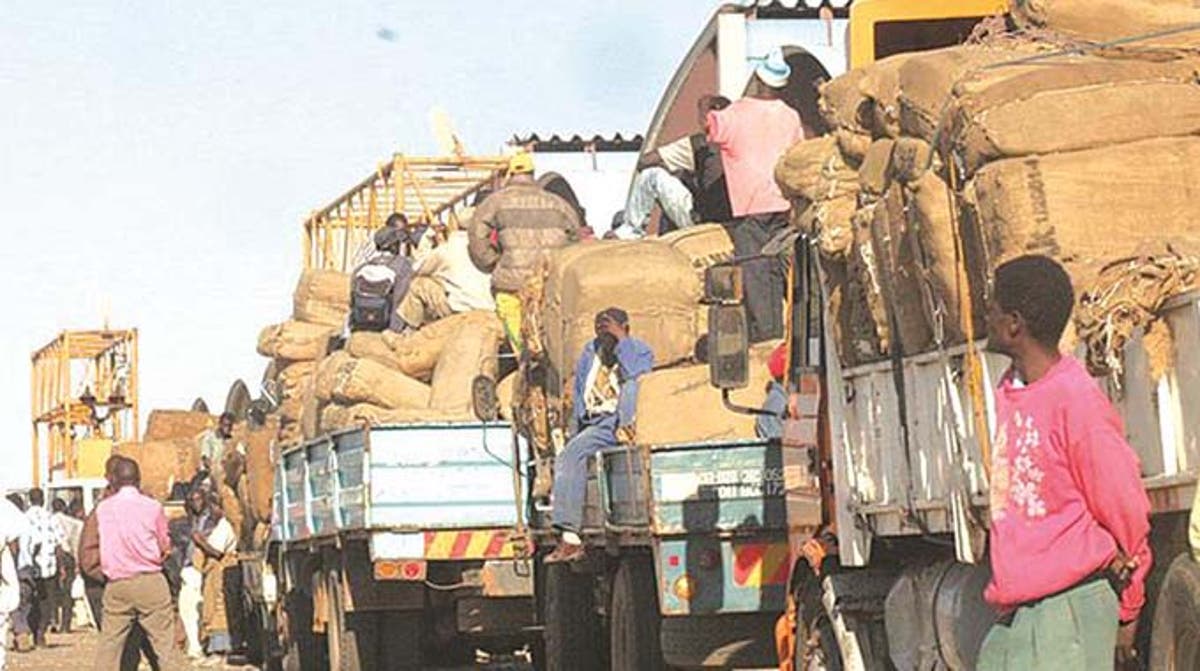AfDB seeks US$5 billion for women-led businesses
AFRICAN Development Bank president, Dr Akinwumi Adesina, has said the financial institution is seeking to raise US$5 billion to finance women led businesses in the continent while putting elaborate programmes for the youths.
Speaking at Chatham House in London last Friday, Dr Adesina noted that the Affirmative Finance Action for Women in Africa (Afawa) initiative was set up to bridge the financing gap facing women in Africa.
Already, $1,7 billion in financing for more than 18 300 women-led businesses has been approved under Afawa, he said.
“At the African Development Bank we have what we call Affirmative Finance Action for Women in Africa (Afawa) to mobilise US$5 billion in finance in support for women businesses in Africa.
“We are making headways with it. Already, we are working with 169 financial institutions in 43 countries and have so far approved $1,7 billion in financing for more than 18 300 women-led businesses. Our goal is to mobilise $5 billion for women-led businesses,” said Dr Adesina.
He added that the continental financial institution is creating Youth Entrepreneurship Investment Banks to support the businesses of young people in Africa and drive greater entrepreneurship.
“The future of African youths is not in London, USA, Asia, Latin America or in any part of the world, but in Africa.
The young people of Africa are the best assets we have, but we have to put our money to back them up to take on the wealth.
“The African Development Bank rolling out youth entrepreneurship investment banks, which focus on technical skills, take the brain power of young people, help them to turn into great businesses and put financial capital behind them.”
He noted that two investment banks have already been approved by the board and more are in the pipe line.
Dr Adesina said the continent must work out how to tap the potential of its youth, turning this asset into an economic dividend.
“We are supporting universities of science and technology, expanding training in science, technology, engineering and mathematics, centres of excellence in biotechnology and material sciences, as well as technical and vocational training.
“We have committed US$700 million to education and skills development, which has supported 4 000 tertiary education and training facilities and provided 1,7 million African youths with access to science, technology, engineering and mathematics education, providing critical digital skills in computer coding.”
In his presentation on “Envisioning Africa’s Economic Prospects,” Dr Adesina outlined the resilience of Africa’s economies despite global challenges, noting that the continent remains the second-fastest-growing region after Asia.
He cited the Bank’s African Economic Outlook Report, which shows the continent’s 3,7 percent economic growth for 2024, increasing to 4,3 percent in 2025.
The report, which was launched during the Bank’s May Annual Meetings in Nairobi revealed that 15 countries achieved real growth rates of at least five percent and half of the world’s 20 fastest-growing economies are in Africa.
Achieving strong economic prospects and resilience will require overcoming some significant headwinds, including tackling climate change and rising debt through critical global financial reforms, he said.
“As Africa’s economic resilience is bolstered, unlocking its economic prospects requires ensuring structural change of its economies, raising the productivity of agriculture, provision of electricity, accelerating infrastructure investments, supporting faster pace digitalisation, unleashing economic and job opportunities for women and youth and driving industrialisation through greater mobilisation of the private sector,” he stated.-chronicle










